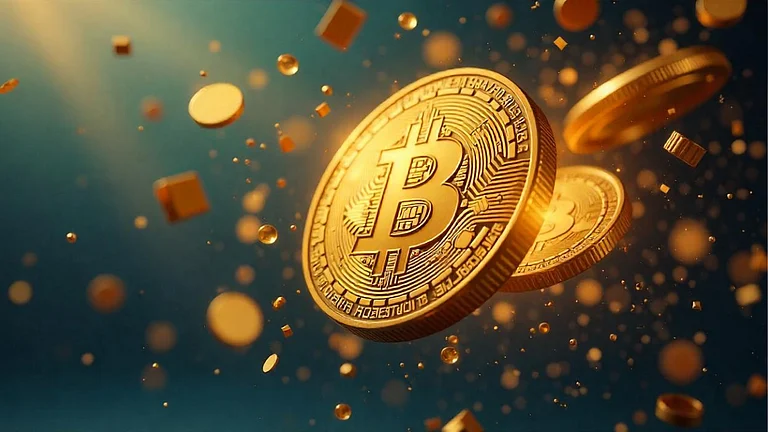The US House of Representatives recently voted through three prominent crypto-related bills as part of lawmakers' "Crypto Week." Of these, the most notable achievement is that the Payment Stablecoin Act, also referred to as the GENIUS Act, has been signed into law. America has never had a specific law for stablecoins until now. The act requires full reserve holding by issuers and creates explicit guidelines for transparency and regulation.
US Stablecoin Law Passed, 2 More Crypto Bills Await Senate Approval
As US lawmakers pass the first stablecoin law, Goldman Sachs and BNY Mellon roll out tokenised money market funds, while Solana upgrades its blockchain to support growing demand
In addition to this, the House also passed two more crypto bills. The first is a market structure bill that seeks to split responsibilities between the SEC and CFTC regarding digital assets. The second is a bill designed to prevent the development of a US central bank digital currency due to concerns about privacy. However, these two pieces of legislation have yet to pass the Senate and stand to be delayed by Congress entering its August recess.
Cointelegraph reports that the bills have elicited mixed responses. Critics term it as a bipartisan bill aimed at bringing clarity and backing to crypto innovation. The critics, particularly certain Democrats, believe the process was hurried and would benefit certain political parties, including those of US President Donald Trump, who has an interest in crypto companies.
Goldman Sachs and BNY Mellon Bring Money Market Funds to Blockchain
Goldman Sachs and BNY Mellon announced a new service that enables institutional investors to gain access to tokenised money market funds. The service is making it possible to own shares of leading money market funds as digital tokens on a private blockchain. The funds, which are managed by large institutions, can be accessed through BNY Mellon's LiquidityDirect platform.
The tokenised shares are settled on Goldman Sachs' GS DAP blockchain, allowing for quicker transactions and instant updating on ownership. This is different from the traditional system, in which payments settle more slowly and the records of ownership are updated less frequently.
The new system also enjoys more flexibility. Tokenised shares can more readily be used as collateral or switched between accounts. Although blockchain technology is employed, the tokens continue to remain within regulatory boundaries. BNY Mellon still maintains the official record of ownership, ensuring the configuration remains compliant with financial rules.
According to Cointelegraph, this product launch shows the growing phenomenon of tokenising real-world assets. Banks are now more keenly examining how blockchain can improve the effectiveness of current offerings without changing the underlying investment itself. Tokenised securities like these can reduce operational delays and enhance the way institutions manage short-term liquidity.
The US money market fund sector carries over $7 trillion, and this move can herald a bigger shift in how such huge amounts of money will be managed in the future. Cointelegraph clarifies that this move balances innovation with legacy financial architecture.
Solana Doubles Block Capacity and Prepares for Larger Upgrade
Solana has raised its block size by 20 per cent, allowing for more transactions within a single block. The network can now process 60 million compute units per block, up from the previously capped 48 million. This means that users will experience reduced fees and faster transactions, and developers now have room to build more complex applications.
The change is one of a broader effort to boost the efficiency of Solana as usage rises. By increasing the amount of computing power that goes into each block, the network will be able to handle more activity without slowing down.
As Cointelegraph reports, an even larger upgrade is in the works. One of the developers at Jito Labs has suggested expanding the block size even further, to 100 million compute units. This would enable even more advanced features and larger performance in the future if approved.
The upgrade comes when the token value of Solana is on the rise and demand for the network is growing. As more and more developers work on the network and new buyers come on board, these upgrades are designed to keep the system affordable and fast.
According to Cointelegraph, these adjustments are in line with Solana's focus on scaling and long-term growth. The increased capacity not only buffers existing demand but also looks forward to future advances in blockchain technology.
